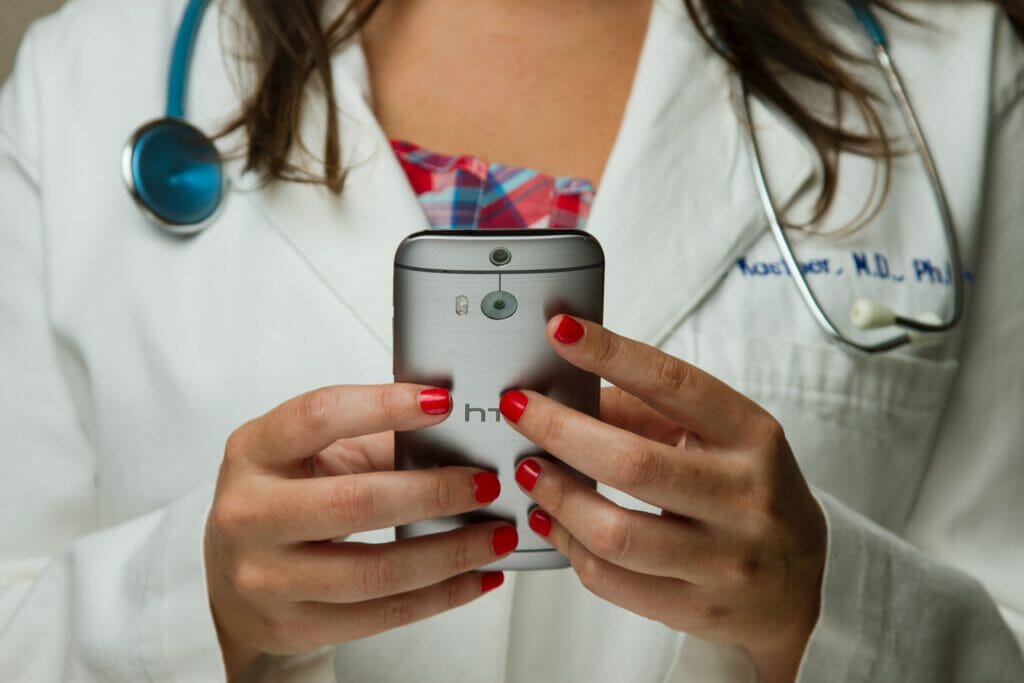
A Heuristic Evaluation of the iFocus Platform: AI-Powered Eye-Tracking for Smarter ADHD Treatment
The healthcare system is designed around objective lab tests for physical health, but mental health lacks similar standardized tools. This absence of objective measures makes ADHD diagnosis and treatment highly subjective, relying on inconsistent self-reports and parental feedback.




